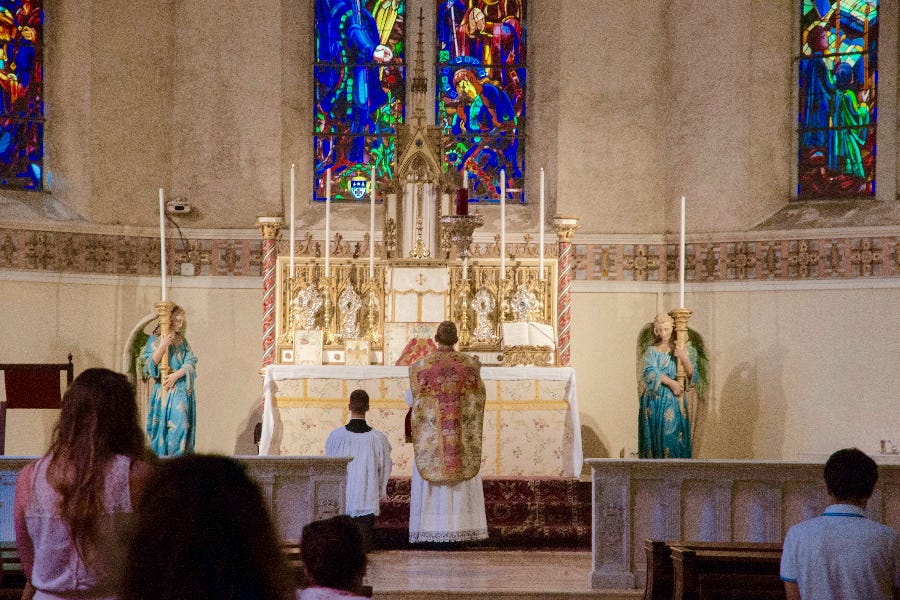Young French Catholics bound for World Youth Day this August are marked by their fervor and willingness to go against the current, a new survey has found.

The survey, published by the Catholic weekly La Croix, offered insights into the th…
Young French Catholics bound for World Youth Day this August are marked by their fervor and willingness to go against the current, a new survey has found.

The survey, published by the Catholic weekly La Croix, offered insights into the th…